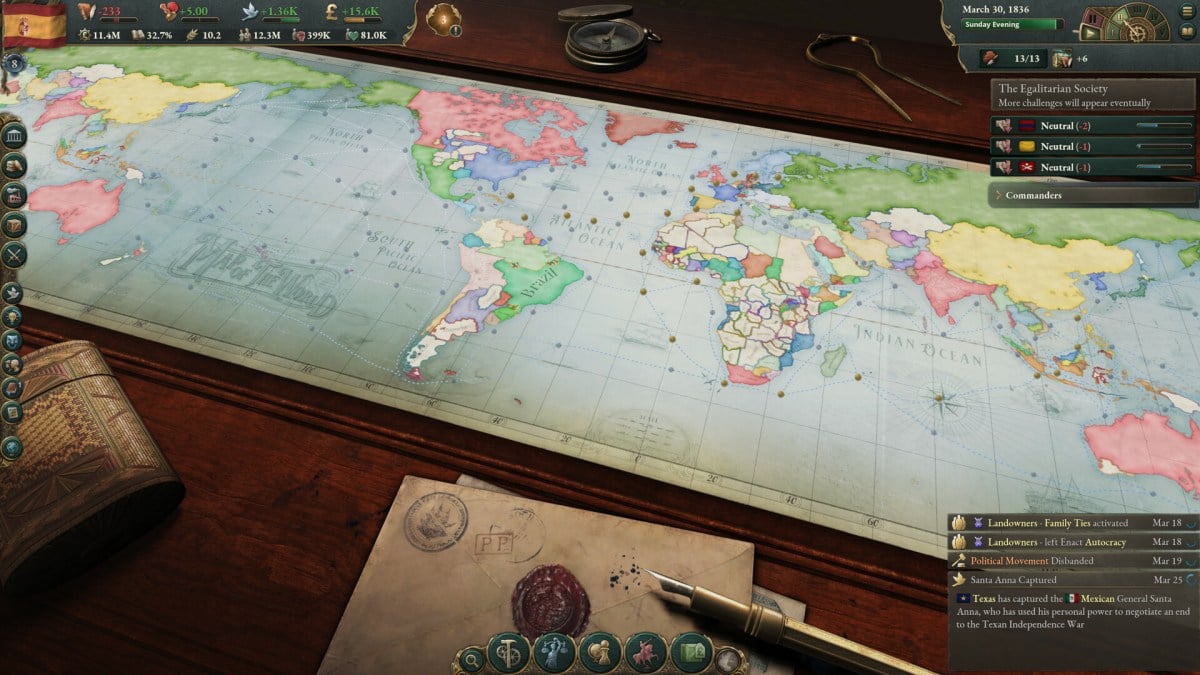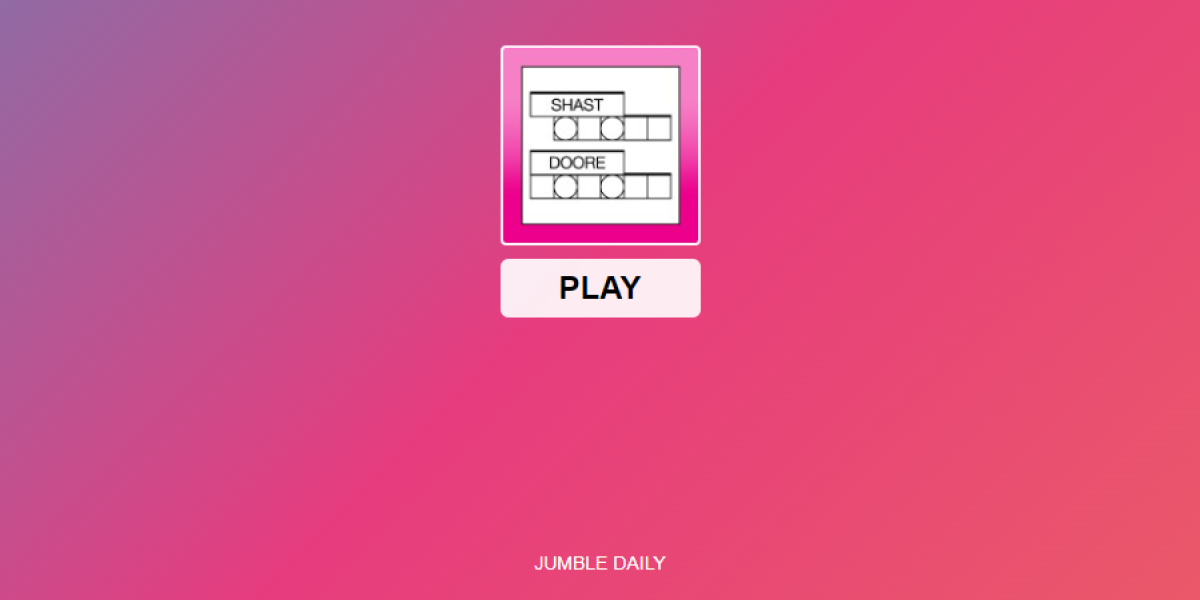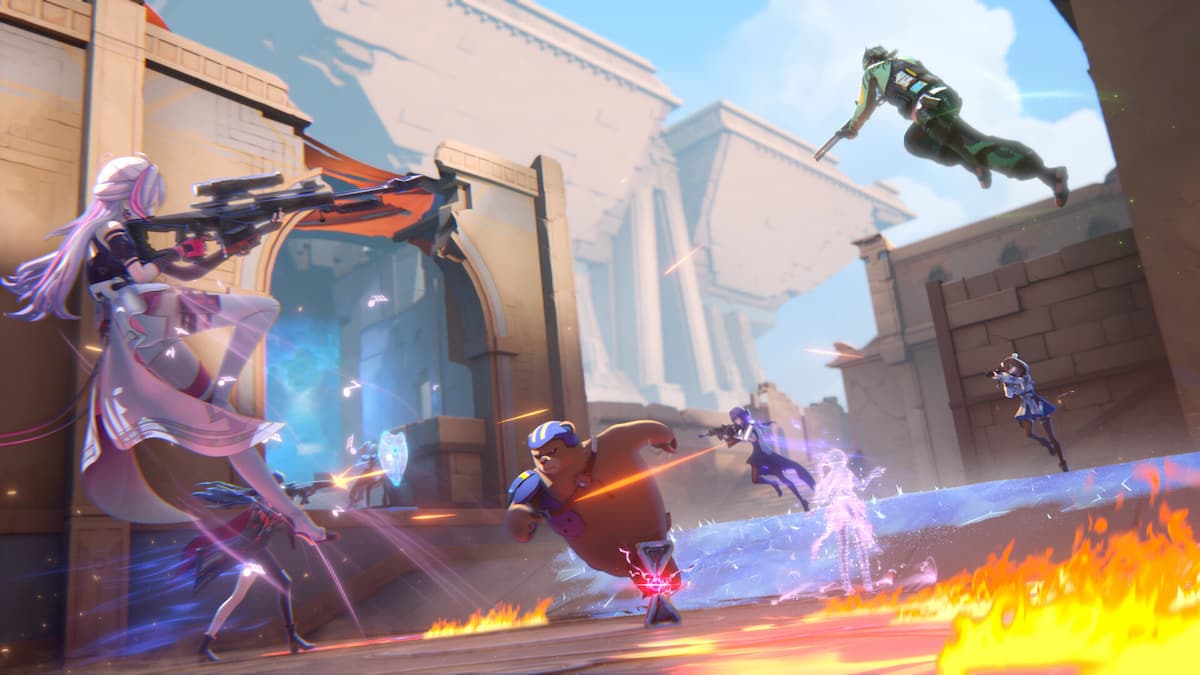Victoria 3 is the latest offering from Paradox Interactive, a grand strategy game similar to the likes of their Crusader Kings and Europa Universalis series. It is the highly anticipated sequel to Victoria 2 and improves on a lot of aspects of its predecessor. Within the first day of release, the game shot up the Steam top 10 best-selling charts.
Unlike Crusader Kings which focuses on medieval times, or Europa Universalis which focuses on the colonial era of discovery, the Victoria series focuses on the post-industrial Victorian era in history. The game starts off in the year 1836 and runs all the way to 1936, which marks the end of a run in the game. Whatever you have accomplished in those 100 years will be tallied and you will be given your final score at the end.
There are different ways to play the game, you can either be diplomatic and focus on developing your own nation, or choose to be war-hungry and expand your nation by acquiring different smaller countries. Depending on your starting location on the world map, you can defeat other countries in that area and forge them into a new nation, merging their cultures with your own.
Forming Nations
Forming your own nation on the world map will require you to gain control over a few smaller nations other than your own. Each nation has its own culture and depending on historical records, some of these cultures can be merged to form one united country for you to govern. To make it easier, here is a list of all the nations you can form and the prerequisite cultures you need to control to make it possible.
| Nation | Cultures required |
|---|---|
| America | Dixie, Yankee |
| Aotearoa | Maori |
| Arabia | Bedouin, Mashriqi, Misri, Yemenite |
| Australia | Australian |
| Baluchistan | Baluchi |
| Brazil | Brazilian |
| Byzantium | Greek |
| Canada | Anglo-Canadian, Franco-Canadian |
| Central America | Central American |
| China | Han, Manchu |
| Colombia | North Andean |
| Confederate States of America | Dixie, Yankee |
| Costa Rica | Central American |
| Czechoslovakia | Czech, Slovak |
| Danubian State | Czech, Croatian, Hungarian, Romanian, Slovak, Slovene |
| El Salvador | Central American |
| England | English |
| Ethiopia | Amhara, Oromo, Tigray |
| France | French |
| Free States of America | Yankee |
| Germany | North German, South German |
| Gran Columbia | North Andean |
| Great Britain | English, Scottish |
| Guatemala | Central American |
| Hindustan | Avadhi, Bengali, Kannada, Sindhi |
| Honduras | Central American |
| Iberia | Basque, Catalan, Galician, Portuguese, Spanish |
| India | Assamese, Avadhi, Baluchi, Bengali, Bihari, Gujarati, Kanauji, Kannada, Malayalam, Marathi, Oriya, Panjabi, Pashtun, Rajput, Sindhi, Tamil, Telegu |
| Indonesia | Balinese, Batak, Bornean, Dayak, Javan, Malay, Moluccan, Sumatran |
| Ireland | Irish |
| Italy | North Italian, South Italian |
| Laos | Lao |
| Mali | Bambara, Fulbe |
| Mexico | Mexican |
| Nicaragua | Central American |
| North German Federation | North German |
| Poland | Polish |
| Poland-Lithuania | Lithuanian, Polish |
| Prussia | North German |
| Romania | Romanian |
| Russia | Russian |
| Scandinavia | Danish, Icelandic, Norwegian, Swedish |
| South Africa | Boer, English |
| South German Federation | South German |
| Spain | Spanish |
| Sweden | Swedish |
| Turkestan | Kazakh, Kyrgyz, Tajik, Turkmen, Uighur, Uzbek |
| United Baltic Provinces | Estonian, Latvian, Lithuanian |
| West Indies | Afro-Caribbean |
| Yemen | Bedouin, Yemenite |
| Yugoslavia | Bosniak, Croatian, Serbian, Slovene |
| Zimbabwe | Nguni, Shona |
There are some limitations to this, however. Depending on your starting location, you can only form nations in and around that region. The game provides a list of unification options to show you when you are eligible to form a certain nation and how close you are to doing so if you cannot currently form the nation you choose.
As mentioned before, the nations you can form are based on historical records, so you will be unable to create nations outside the realm of history. As such, all of the nations in this list are the only ones you can control, and it is quite challenging to do so. Especially with some of the bigger nations like India, with the huge number of cultures you need to preside over so that you can form the nation.

Even though the game does not share the roleplaying aspect of the Crusader Kings series, forming a nation in Victoria 3 is very similar to merging counties and duchies together to create a kingdom in the Crusader Kings series. The minimal focus presented on rulers and more on the cultures themselves is more in line with the Europa Universalis series while the combat is a mix of the former and Paradox Interactive’s other series, Hearts of Iron.
If you have never played grand strategy games before, it can be a little daunting to keep all of these things in mind, especially with the number of things to be mindful of on the UI. The tutorial system is very robust and intricate and we believe that with enough time, you will be proficient enough to tackle every challenge the game throws at you.






Published: Oct 27, 2022 05:23 am